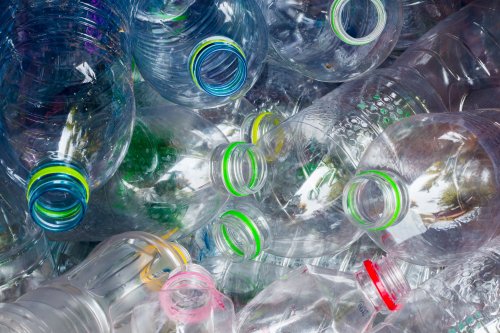From 2025, Germany replaces the guaranteed profit for renewable energy sources (RES) with a one-time investment subsidy. The remuneration for electricity produced by RES during negative prices, when excess electricity is already supplied to the network, is also canceled.
It is reported by Euractiv.
Currently, state support is related to the production of electricity and ensures that renewable energy developers can provide a minimum level of income from each unit of electricity produced. Since 2025, this area is transferred to subsidize investment costs.
The government also promised to stop supporting renewable energy sources as soon as coal ceases to be burned for electricity generation – no later than 2038.
Another important component in the country's energy transition will be the construction of new gas-fired power plants, some of which can run on hydrogen.
"Construction of new power plants will ensure a gradual abandonment of coal," explained Robert Habek, Minister of Economy and Climate Protection.
This is what the park of German standby power plants will look like:
- During the year, Germany intends to tender for the construction of 5 GW of new gas-fired power plants for immediate construction. At the same time, the country abandons plans for a fully hydrogen vehicle fleet.
- After that, there are plans to build another 5 GW of installations, which should work on hydrogen, but only from the eighth year of their operation.
- 2 GW of old gas stations are planned to be modernized.
- 0.5 GW of first-day special hydrogen power plants will also be built later, as well as another 0.5 GW of long-term energy storage.
This entire complex should be operational from 2028.
However, the "ideal" plan of the German government to abandon coal by 2030 is considered unattainable by most experts.
In April, EcoPolitic told that Germany closed 7 TPP after the end of the heating season.





